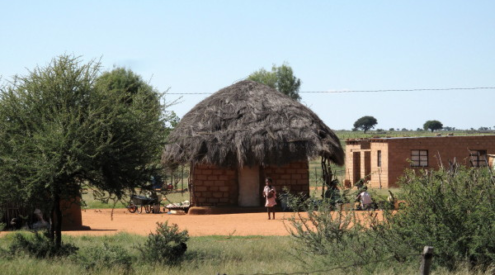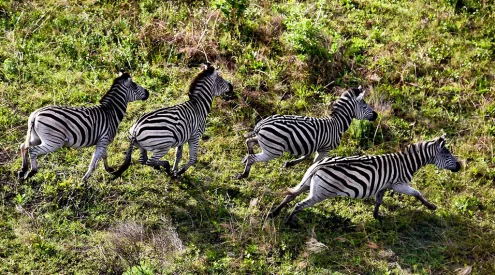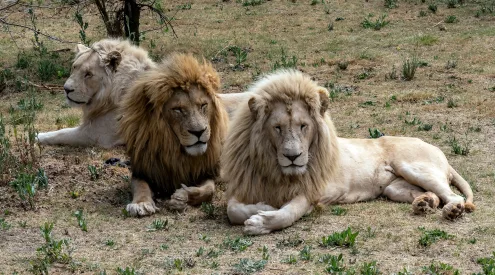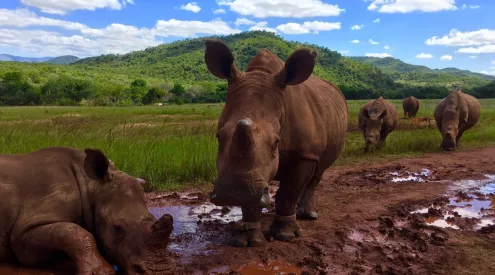Photo by Nick du Plessis
According to the Department of Environmental Affairs, South Africa will propose the legalisation of trade in rhino horn at the Conventional on International Trade in Endangered Species in 2016. This will only legalise a once-off trade in current rhino horn stockpiles, rather than a continuing industry.
Supporters of this proposal say that by flooding the market with cheap rhino horn, the syndicates currently supplying East Asia will lose much of the value of their illegally-obtained rhino horn, thus making the venture unprofitable.
In addition to this, the huge injection of money (estimated to be at least half a billion dollars) gained from current stockpiles could be funnelled into current rhino protection, further reducing the ability of illegal rhino poachers to continue their attacks.
Naturally, the proposal has its opponents. One of these is CEO of WildAid, Peter Knight, who refers to a similar case in 2008, when the once-off sale of stockpiled elephant ivory to China and Japan was legalised. This was ultimately a failure, resulting in escalating illegal poaching. He says, “Legitimizing and promoting demand for rhino horn would inevitably create a far larger consumer base and once this genie is out we could never re-cork the bottle if the experiment went wrong.”
John R. Platt of the Scientific American is also in opposition, pointing out that “any legal rhino horn market only supports the misconception that this keratinous body part has medicinal qualities.”
What do you think?
Read more: six simple ways to help fight rhino poaching
Read the original release from the Department of Environmental Affairs


















